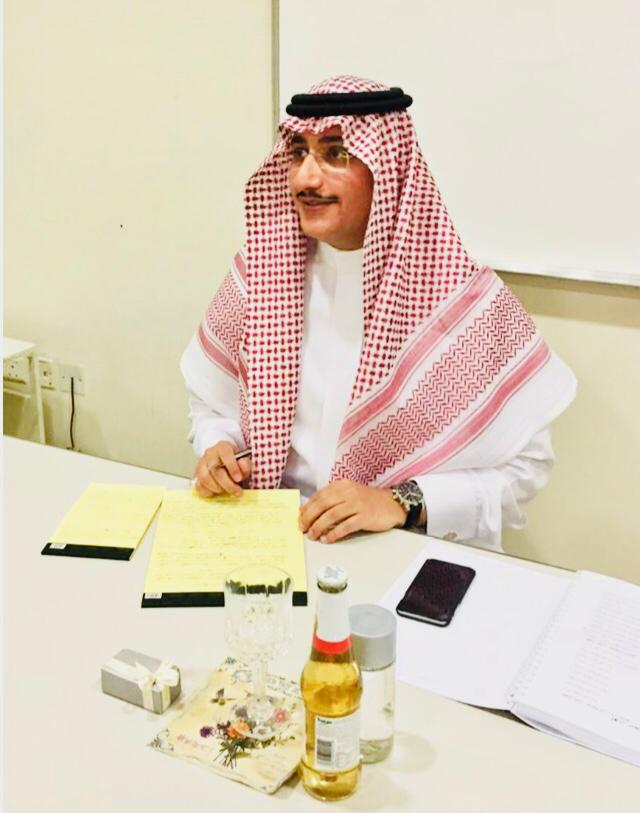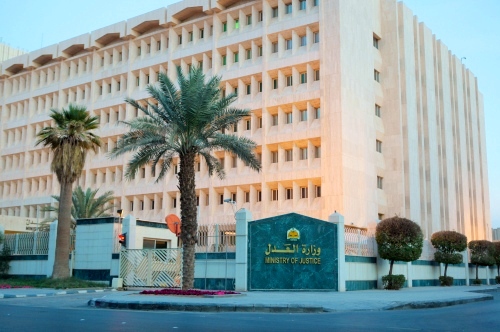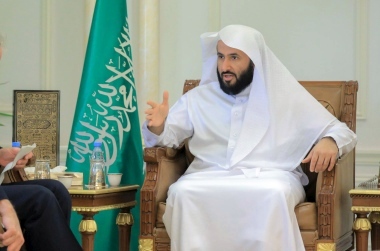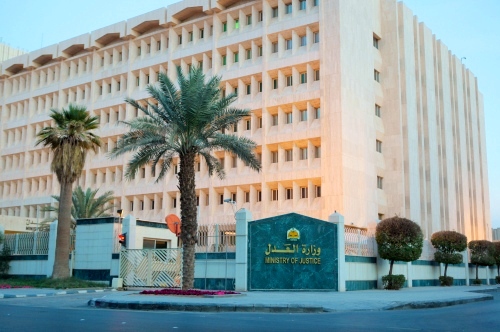Money laundering offenses pose a serious threat to the economic and social aspect of any country
Money laundering offenses pose a serious threat to the economic and social aspect of any country
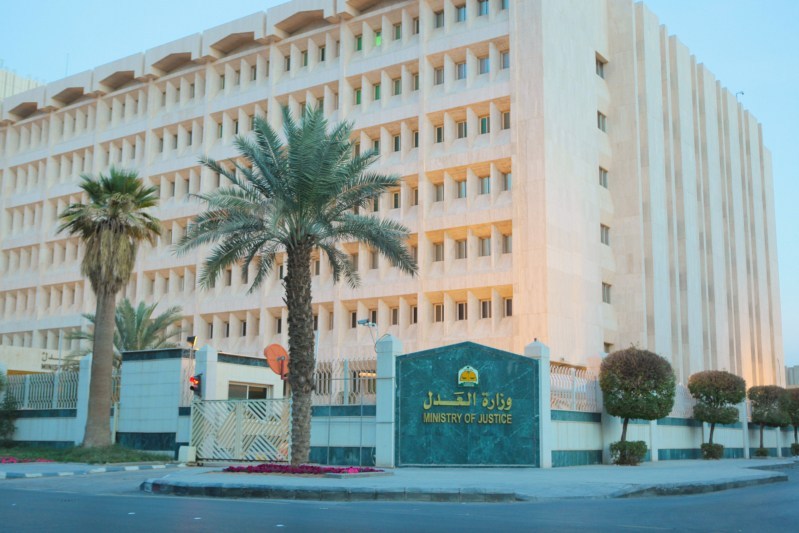
The Standing Committee on Combating Money Laundering affirms that money laundering offenses pose a serious threat to the economic and social aspect of any country, especially those countries which suffer from weak standards adopted in combating these crimes.
According to the Standing Committee, money laundering is the result of money launderers legitimizing funds resulting from other crimes, defined as a system of predicate offenses, and includes all offenses committed within the Kingdom, and any act committed outside the country if it is considered a crime in accordance with the laws of the State that committed it. In accordance with Shari’a or the Kingdom’s regulations if committed within it.
The Standing Committee, chaired by SAMA, includes representatives from the Ministry of Interior, Ministry of Foreign Affairs, Ministry of Justice, Ministry of Trade and Investment, Ministry of Finance, Ministry of Labor and Social Development, Ministry of Islamic Affairs, Call and Guidance, Head of State Security, Public Prosecution , Head of General Intelligence, Capital Market Authority. Its formation comes in accordance with the Council of Ministers Resolution No. (15) dated 17/1/1420 H corresponding to 3-5-1999 AD to implement the 40 recommendations to combat money laundering operations issued by the Financial Action Group (FATF) in accordance with the regulations in force in the Kingdom. To implement the above recommendations and follow up their implementation, as well as to study all topics related to combating money laundering in the Kingdom.
The Committee pointed out that the spread of money laundering operations in any society leads to an increase in crime rates, and the decline of the values of education and culture because of the rapid gain in those crimes does not require a scientific qualification for its implementation. Money laundering in any country may lead to the spread of the shadow economy or trade cover up and other resulting in the decline of economic growth, in addition to money laundering caused by high inflation rates resulting in high price levels, which damages fair competition and adversely affect In other business activities.
The Anti-Money Laundering Law was issued by Royal Decree No. (M20) dated 5/2/1439 AH, replacing the Anti-Money Laundering Law issued by Royal Decree No. (M / 31) dated 11/05/1433 AH. The crime of money laundering is also a major offense under arrest pursuant to Decree No. 2000 issued by His Highness the Minister of Interior in 1435. The concerned agencies deal strictly with anyone who initiates or conceals the origin of the fact of the money acquired or resulting from acts criminalized under Sharia or regulations. Such as illicit trafficking in drugs, weapons, counterfeiting and other crimes. Money to conceal the origin of its truth (laundering) is not limited to cash, but includes assets, property and economic resources of whatever value, type or manner of ownership. Palmt Links if they arise directly or indirectly from the commission of a predicate offense.
It is worth mentioning that the conviction of a person for the crime of money laundering is unconditional conviction in committing an original crime such as illicit drug trafficking.
The Kingdom has imposed severe penalties for money launderers, as conviction for this crime subjected the owner to a fine of up to seven million riyals and imprisonment for up to fifteen years or both. Also, a Saudi convicted of money laundering shall be prohibited from traveling outside the Kingdom for a period similar to that of a sentenced prisoner. A non-Saudi convicted of money laundering shall be removed from the Kingdom after the execution of the sentence. The penalty may be commuted for the perpetrator of the crime of money laundering if the perpetrator informs the competent authorities of the crime before the authorities are aware of it, or has reported the perpetrators and his report leads to their arrest or seizure of funds, media or proceeds of the crime.

